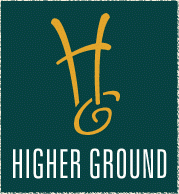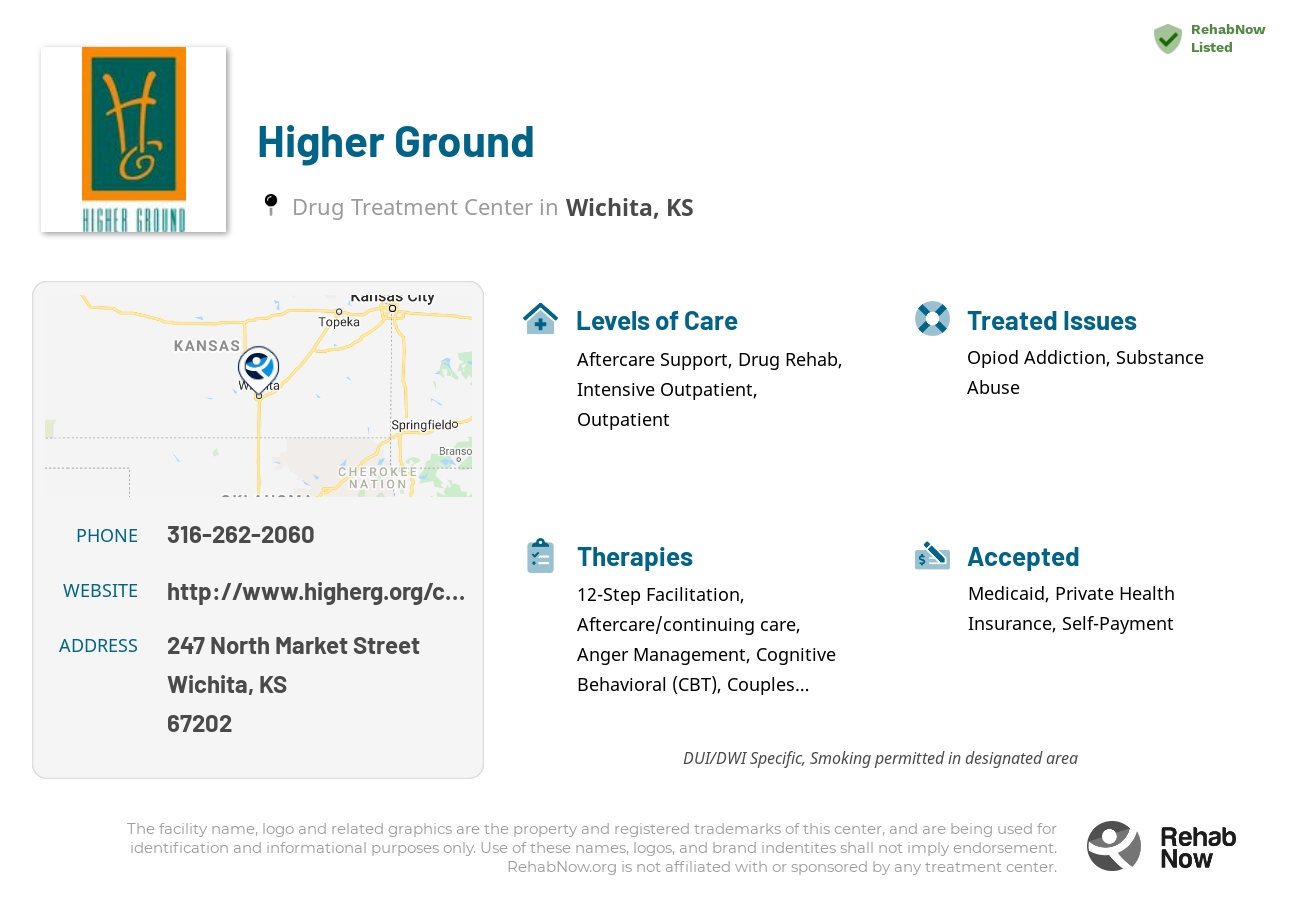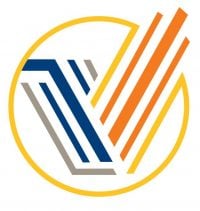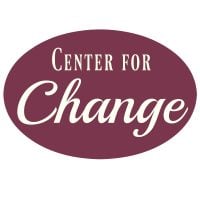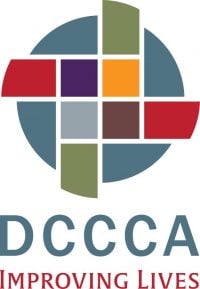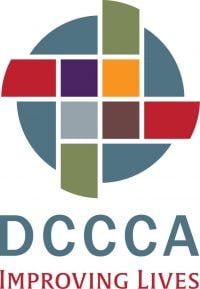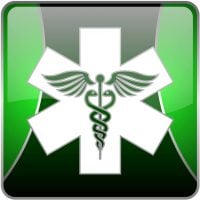Higher Ground
Drug Rehab Center in Wichita, Kansas
Higher Ground is a substance abuse facility in Wichita, Kansas that provides a wide variety of tailored programs and services, including detox, residential treatment, PHP, and IOP, to promote a growth-oriented treatment environment and assist in recovery.
About Higher Ground in Kansas
Higher Ground in Wichita, Kansas is a substance abuse facility dedicated to helping individuals struggling with addictions and substance abuse. With over a decade of experience, their facility provides a wide variety of programs and services for those needing assistance with managing their addiction. The programs offered range from detox, residential treatment, PHP, and IOP to after care and family programs. All services are specifically tailored for each individual’s needs and goals, promoting a growth-oriented treatment environment.
At Higher Ground, their primary focus is to provide individuals with the best possible care to help them on the pathway to recovery. Their approach centers on identifying the underlying issues causing the addiction and provides a combination of holistic and traditional therapeutic approaches to assist in recovery. Clients have access to extensive therapy, counseling, and educational programs to help them gain control over their addiction by learning how to maintain sobriety and develop valuable life skills.
Higher Ground has accreditations, licenses, and awards that distinguish them as a high-quality, top-notch facility. They are accredited by the Joint Commission, one of the most highly regarded accreditation bodies. Their facility is also licensed by the Kansas Department of Children and Families, providing assurance that they adhere to all safety codes and regulations. Higher Ground also has a number of awards and recognition from various organizations and publications, further demonstrating their commitment to providing top-notch care and service.
Genders
Ages
Modality
Additional
Accreditations
State License
Conditions and Issues Treated
Many people who struggle with opioid addiction need to attend specific programs like methadone , Suboxone or Vivitrol clinics.
These types of programs will provide the patient with legal, prescription medications that can help them overcome their cravings for illegal opioids like heroin or fentanyl . If the patient has a chronic condition like Hepatitis C, they must undergo treatment before they can begin taking these medications.
Levels of Care Offered
This center offers a variety of custom treatment tailored to individual recovery. Currently available are Aftercare Support, Drug Rehab, Intensive Outpatient, Outpatient, with additional therapies available as listed below.
An intensive outpatient program is usually the first phase of addiction treatment. It provides relief for those who are addicted, but are not ready to commit to an inpatient setting. Typically, the patient lives at home and is able to work or go to school. IOPs consist of a daily 3 to 5-hour program, and there is a required number of hours per week. Most patients go to IOP between 20 and 40 hours per week. The patient attends group counseling and individual therapy throughout the duration of treatment. They also meet daily with their therapist to discuss how it’s going and where they are in the recovery process.
The goal here is to teach patients healthy coping skills, such as stress management and identifying thoughts and behaviors that lead to relapse. The implementation of these skills will be useful as the individual transitions into the next phases of treatment.
An outpatient treatment program is set up to help with alcohol or drug addiction, or a co-occurring disorder. The patient must attend the Kansas facility for their therapy and other programs but are able to return home each night. The frequency of mandatory attendance decreases after much of Higher Ground‘s program is complete.
Aftercare is a term that’s used to refer to any sort of continuing care offered for a drug addict who has voluntarily entered a rehabilitation program. This type of care can be provided in several settings, including outpatient therapy sessions after the addict has completed an inpatient program. There are also 12-step support groups, such as Alcoholics Anonymous, which can provide additional help for addicts trying to stay sober.
Therapies & Programs
Individual Therapy is a critical component of addiction recovery. Therapists work with patients to identify the root of their addiction and figure out how to better handle the issues that led to them using drugs. Individual Therapy is the one-on-one session where people meet with their therapist. Individual therapy provides a safe space for people to open up and discuss personal and sensitive topics which they may not feel comfortable discussing in a group setting.
Couples therapy at Higher Ground focuses on addiction treatment for the addict and their spouse. The addict’s family, not just the addict, can benefit from this form of therapy. Couples therapy addresses communication problems, trust issues, lack of intimacy, and abuse in intimate relationships. Couples therapy can help rebuild trust between partners, which increases the chances for successful treatment and sustained recovery.
Intimate relationships can be damaged during addiction, and professional help may be necessary to rebuild the often destroyed trust and love. Couples therapy at Higher Ground helps couples improve communication and rebuild trust. Either or both partners will be helped by this treatment administered by professionals. This treatment can also help one or both partners if addiction is the problem.
Family therapy will also help families realize that the addiction is not their fault. For many years, people blamed themselves for an addict’s behavior and felt that they had done something wrong. This is not the case. Addiction is a disease, and it can strike anyone, even if their life seems fine from the outside. It can bring a lot of shame to a family when they have an addict in their midst, but if everyone is open and honest with each other, then they can help everyone stay in recovery.
Group Therapy is utilized by drug treatment centers like Higher Ground to provide the recovering drug addict with a platform to talk about their feelings and experiences. It also provides for an opportunity to learn from other addicts who have successfully overcome their addiction.
Group Therapy is employed in lectures, seminars, or discussion groups (the latter two are typically conducted as “therapy groups”). It is recommended that all group members be recovering addicts for this type of therapy to work (though it does not exclude others with lived experience).
Trauma therapy is a clinical process that helps individuals deal with mental stress often caused by traumatic events. It is generally done for children, teenage victims of sexual assault, and war veterans. The therapist helps the person identify, understand and work through the problem. This is done with the help of talking about it in group or one-on-one counseling sessions. Therapists use relaxation, role-playing, art, and music to help the person open up about what is bothering them.
Cognitive behavioral therapy is also a popular service for individuals living with addiction. This type of supportive treatment uses both one-on-one counseling and group sessions to teach addicts how to identify thoughts, behaviors and emotions that might increase their risk of relapse.
These professionals can help addicts develop coping skills for managing stress, improving self-esteem and overcoming triggers. They might also use behavioral therapy to help addicts learn how to avoid cravings and warning signs that could lead them back into addiction.
Therapy can be used as a step-down from inpatient treatment or as the primary method of overcoming an addiction. No matter which option is best for the addict, they will teach important emotional coping techniques, which can make it easier for addicts to get through the tough days.
(REBT) was developed by Dr. Albert Ellis in 1955. The therapy is based on the premise that our beliefs lead to and maintain our emotions and behaviors. Therefore, if a person has irrational thoughts, they will have an unhealthy emotional life. And as long as those irrational beliefs remain unchanged, they will continue to have unhealthy emotions and behaviors.
REBT is a purely psychological therapy, meaning it does not incorporate the use of medications or supplements. Instead, REBT focuses on helping people understand, respect, and accept their feelings without judgment, enabling them to have more control over their actions and behaviors.
The therapeutic process is straightforward: clients learn to identify the irrational beliefs that cause distress, challenge good coping statements, and replace them with healthy, rational beliefs.
Payment Options Accepted
For specific insurance or payment methods please contact us.
Is your insurance accepted?
Ask an expert, call (888) 674-0062
Additional Details
Specifics, location, and helpful extra information.
Wichita, Kansas 67202 Phone Number(316) 262-2060 Meta DetailsUpdated November 25, 2023
Staff Verified
Higher Ground Patient Reviews
There are no reviews yet. Be the first one to write one.
Wichita, Kansas Addiction Information
About 42% of adults in Kansas have tried an illicit drug at some point in their lives. 12.4% of the state population uses illegal drugs and 4.5% abuse alcohol in a given year. 15.16% of all deaths in Kansas between 2008 and 2017 were caused by either drugs or alcohol.
Treatment in Nearby Cities
- Norton, KS (202.4 mi.)
- Belleville, KS (148.5 mi.)
- Olathe, KS (159.6 mi.)
- Beloit, KS (129.1 mi.)
- Coffeyville, KS (104.8 mi.)
Centers near Higher Ground
The facility name, logo and brand are the property and registered trademarks of Higher Ground, and are being used for identification and informational purposes only. Use of these names, logos and brands shall not imply endorsement. RehabNow.org is not affiliated with or sponsored by Higher Ground.
